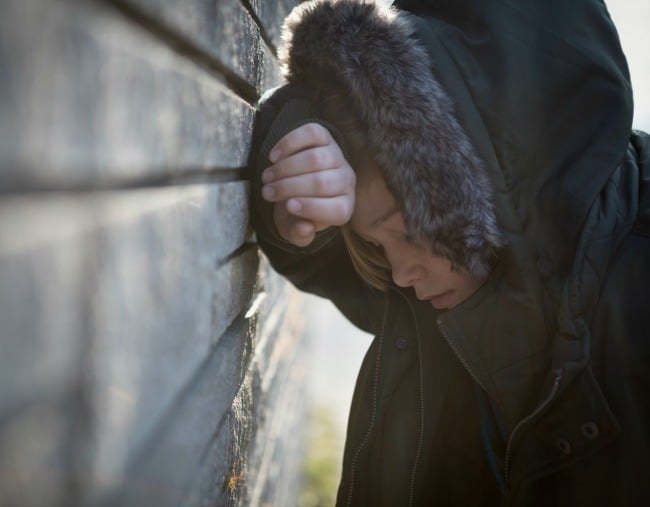
Even in the digital age, the RCH National Child Health Poll found that verbal bullying is still the most common type of bullying, and it is most prevalent in the playground.
Bullying can take on many forms, one of which is body shaming. Body shaming is an act in which individuals are judged negatively based on their physical appearance.
Generally, children are body-shamed if they appear “overweight” or don’t fit the idyllic image of “thin and beautiful” for girls or “fit and strong” for boys. Researchers have noted that thin-shaming is also negative and a form of judgement and bullying.
A study completed by UK eating disorder Charity Beat found that kids who are bullied at a young age are more likely to develop an eating disorder, with over 75 per cent of participants surveyed admitting that bullying was a significant cause of their disorder.
Statistics like these are worrying for any parent, whether their child is the victim or the perpetrator, but the dangerous ramifications from bullying can be significantly reduced via education and support from home.
So here are some tips in dealing with body shaming if your child does experience it:
Talk about the situation.
Ensure you have an open conversation with your child about the situation. Once they have calmed down from their emotions, make sure to talk about what has happened calmly and rationally. Let them know that bullying is never okay and that what has happened isn’t their fault.
We speak to expert Katrina Kavanagh about the key to stopping bullying in our schools.
Want to hear to more? Subscribe to This Glorious Mess.
